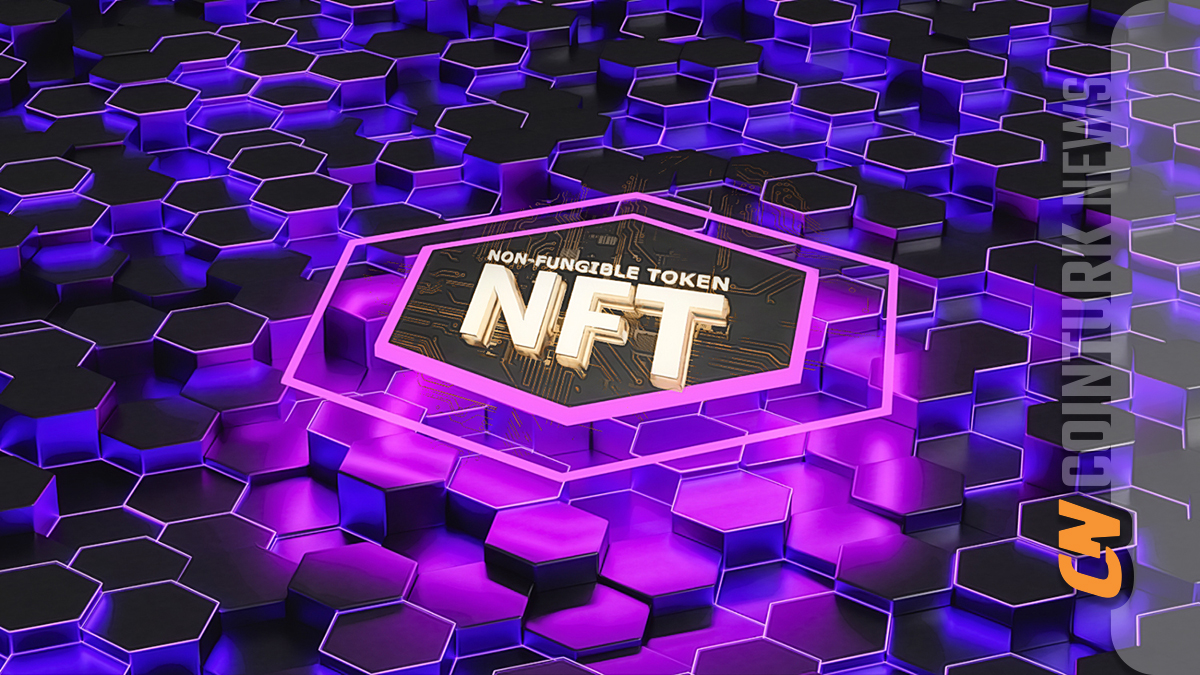In the midst of bad market conditions, John Reed Stark, former U.S. Securities and Exchange Commission (SEC) executive, stated in his post on X (formerly known as Twitter) that NFTs will be buried in the dusty pages of history.
He also added without hesitation that cryptocurrencies will share the same fate. Stark stated that less than two years after a bull run in the market, 95% of NFT collections are now worthless. He also added that NFT prices, which were once thousands of dollars on average, are now between 5 and 10 dollars.
The State of NFTs According to Stark
Stark added that the majority of NFT collections have zero market value. According to him, widespread market manipulation is one of the most important problems in the NFT ecosystem. Stark expressed his own perspective on the matter with the following words:
Fraud is not only rewarded, but also taught.
Stark also added that many venture capitalists and Wall Street fraudsters have made a lot of money by offering NFTs to their clients. He stated that sellers often attract buyers’ attention by promising financial inclusivity, decentralization, and instant wealth dreams.
Stark, a former SEC official, stated that he holds the same view on cryptocurrencies and added that tokens cannot be considered as an investment due to the lack of regulatory oversight, transparency, consumer protections, insurance, and licensing.
What Will Happen to Cryptocurrencies?
Referring to the collapse of many crypto companies such as FTX, Blockfi, and Celsius, Stark added that consumers in the crypto industry have no guarantee against collapses and bankruptcies. He also stated that when these occur, customers often become unsecured creditors and lose all their funds.
Furthermore, the former SEC official emphasized that cryptocurrency has failed as a currency because taxes are costly and prices are highly volatile. He also highlighted that high fees and technical difficulties have deprived blockchain of the disruptive technology label.
Since his post, Stark has received several criticisms from the crypto community and has faced the question of why he spends so much attention on something he believes is not important. On the other hand, some users have acknowledged that certain parts of his statement reflect the reality of the ecosystem. Additionally, there have also been users who pointed out that there are already use cases to solve some of these problems, drawing attention to his bias.

 Türkçe
Türkçe Español
Español











